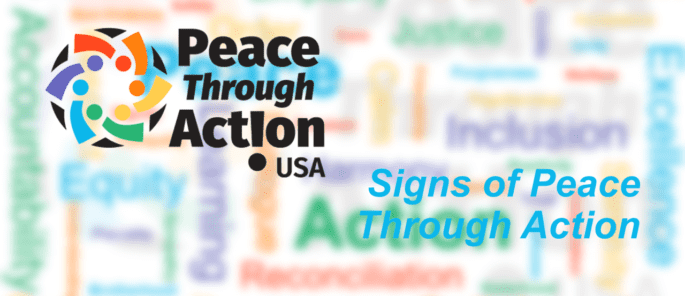
My social media feed filled with reaction to a Unite the Right gathering and march in #Charlottesville organized by white supremacists. I have a pretty one-sided social network, so messages ranged from anguish over the one life lost and 19 others injured Saturday when one person used his car as a weapon; to telling observations that perhaps law enforcement might just have intervened more quickly if the protesters had been black; to chagrin that The President insufficiently condemned White supremacy; and finally to assurances that the expressed views of white supremacists are Un-American and that the rest of us disassociate from their hate.
If only it were that easy. Sorry to say it folks (and I’m not the first who has), but racism is American. It’s our “original sin.” Lest we forget, many of the country’s founding fathers owned slaves and organized a government around such fact. How much more original can it get than that!
I contend that no white American today can claim to be completely free of racism. There are, however degrees of racism and, thank goodness, most of us are not as allegiant to the same extent as white supremacists. But that also means, if we wish to dismantle racism, that all white Americans have at least some work to do.
I admit to my own need to take action. First, I need to increase my knowledge about the role that racism played and plays in our common civic life. For example, I was blown away this past May when I listened to a radio interview with the author of The Color of Law and awoke to the explicit function racism played in concentrating African-Americans into (what became impoverished) urban centers. Perhaps I should have known that already(?).
Secondly, and a more challenging task, I need to examine my own racism. For example, what role did racism play just two weeks ago when taking an evening stroll through a deserted downtown of a small city in the south, I was approached by an African-American man (across the street from me at that!) inquiring if I might be lost, and immediately felt that I was out of place. All the guy was doing was offering to be helpful. Sheesh!
So yes, I have work to do. I bet you do too. What’s yours? Share with us what you are doing to confront racism in your own mind or heart, among your family, or in your community.
If you want to become less racist but don’t know where to start, consider attending or organizing an Undoing Racism® workshop in your community. Or, if you are a school professional or parent, look into how Teaching Tolerance materials could be helpful to your child and school community. These are just two resources out there.
As white supremacist marches visibly and loudly demonstrate, America has not done enough to repent of the original sin of racism. Some of us have BIG work to do. All of us have SOME work to do. If you aren’t walking already, it’s time to start a daily march against racism.
Bob Reeg, Founder and Chief Executive Officer, Peace Through Action USA

S. Fedor
Date: 12 Aug, 2017
Respond